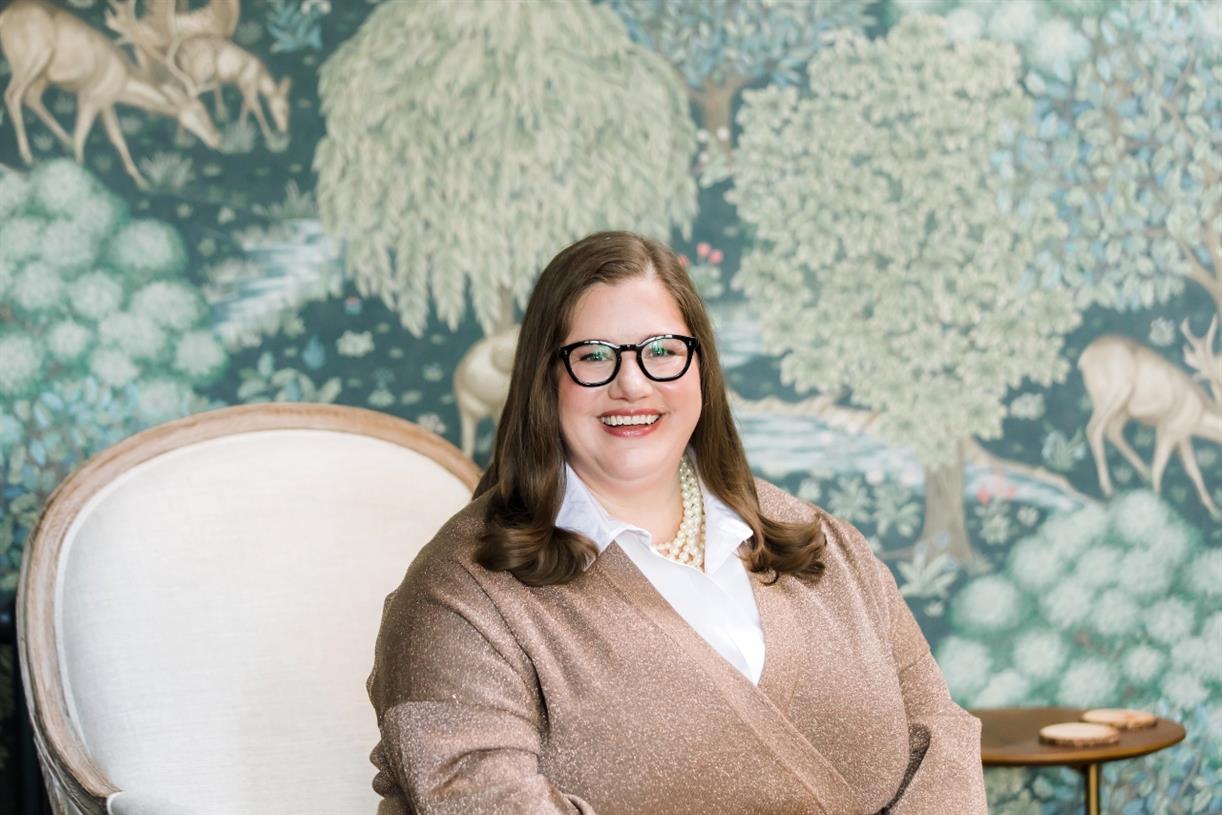I Just Got Botox for the First Time at 29—Here’s Why
You might be surprised. The post I Just Got Botox for the First Time at 29—Here’s Why appeared first on Camille Styles.
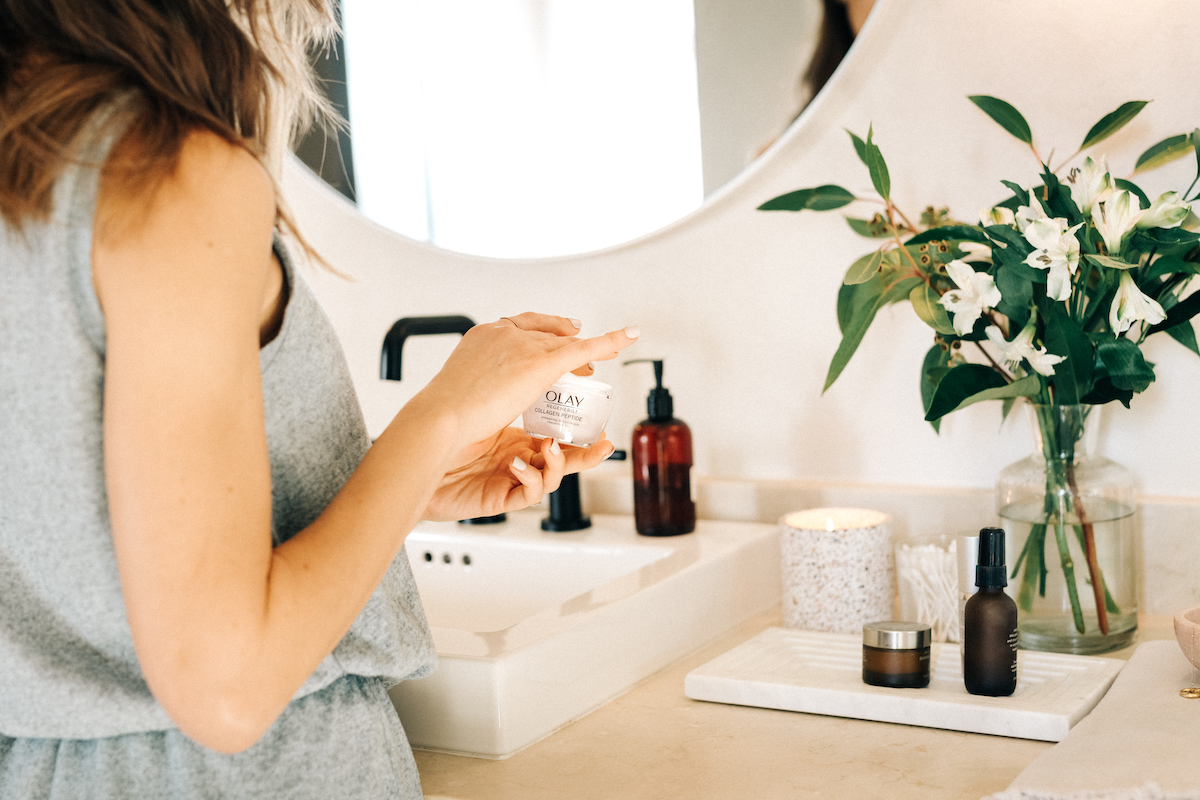
Getting Botox in your 20s was once taboo. Taking that a step further, talking about getting Botox in your 20s was reserved for hush-hush convos with your most trusted friends. But now, preventative Botox is a thing and the narrative around aging is shifting. And while many are reducing that change to simply ignoring the natural process altogether, it’s more so an embrace of what aging well means to you. For me, a few months past my 29th birthday, that looks like exploring the wide world of beauty treatments—beginning with Botox.
In my experience, Botox has always been a buzzword loaded with meaning. Not only that, but assumptions about a person’s relationship with themselves. Because we treated Botox as a one-and-done solution, in the past, it was often administered with a heavy hand—believing that more was more. But from observing how the treatment has evolved in the beauty space over the years (and how my own conversations with friends have taken on a new tone of curiosity and acceptance), I was excited to try it myself.
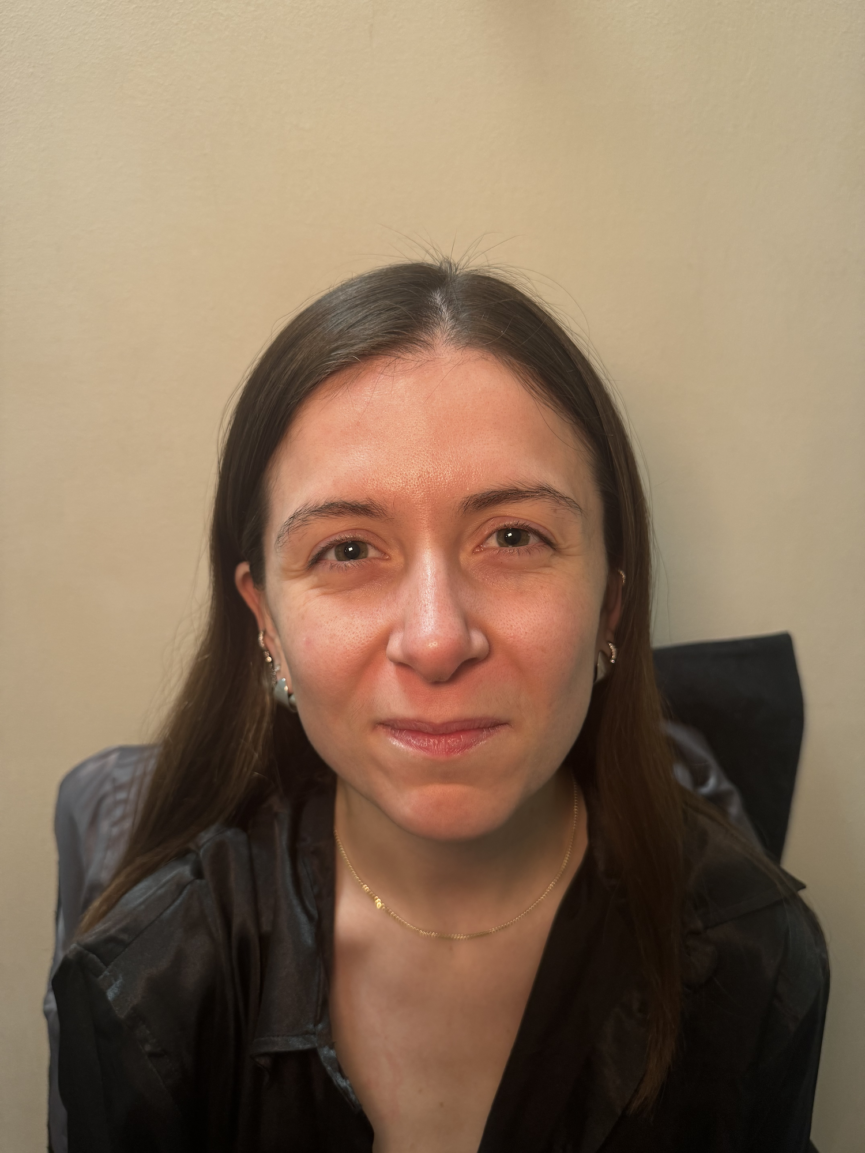

Botox in Your 20s: Everything You Need to Know
For me, the biggest hurdle to starting Botox was a lack of knowledge. Again, because the treatment is widely discussed without experience or professional insights, plenty of speculation and misinformation surrounds it. As such, I worried that I’d love the results, but have to consistently spend exorbitant amounts of money to maintain the look. I’d heard that after just a month, I’d need to do the process all over again. Not ideal.
Before starting the tox, I spoke with Theresa Izquierdo, an Aesthetic Nurse Practitioner, to learn everything I could about getting Botox in your 20s. Theresa administers treatments with Pinch, a Chicago-based med spa that brings Botox, filler, chemical peels, and more to you. Spoiler: I also worked with Izquierdo to get my first round of Botox—and I’m obsessed with the results. (Scroll on for the before and after.)
Ahead, Izquierdo breaks down Botox myths and separates fact from fiction. Read on for everything you need to know.
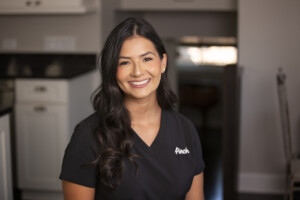
Theresa Izquierdo, MSN, APRN, FNP-C, RNC-OB
Theresa Izquierdo is a Chicago-based Advanced Practice Registered Nurse with a specialization in Family Practice. Her passions include preventative care, health education, and physiology, with the goal of ensuring her patients look and feel their best from the inside out.
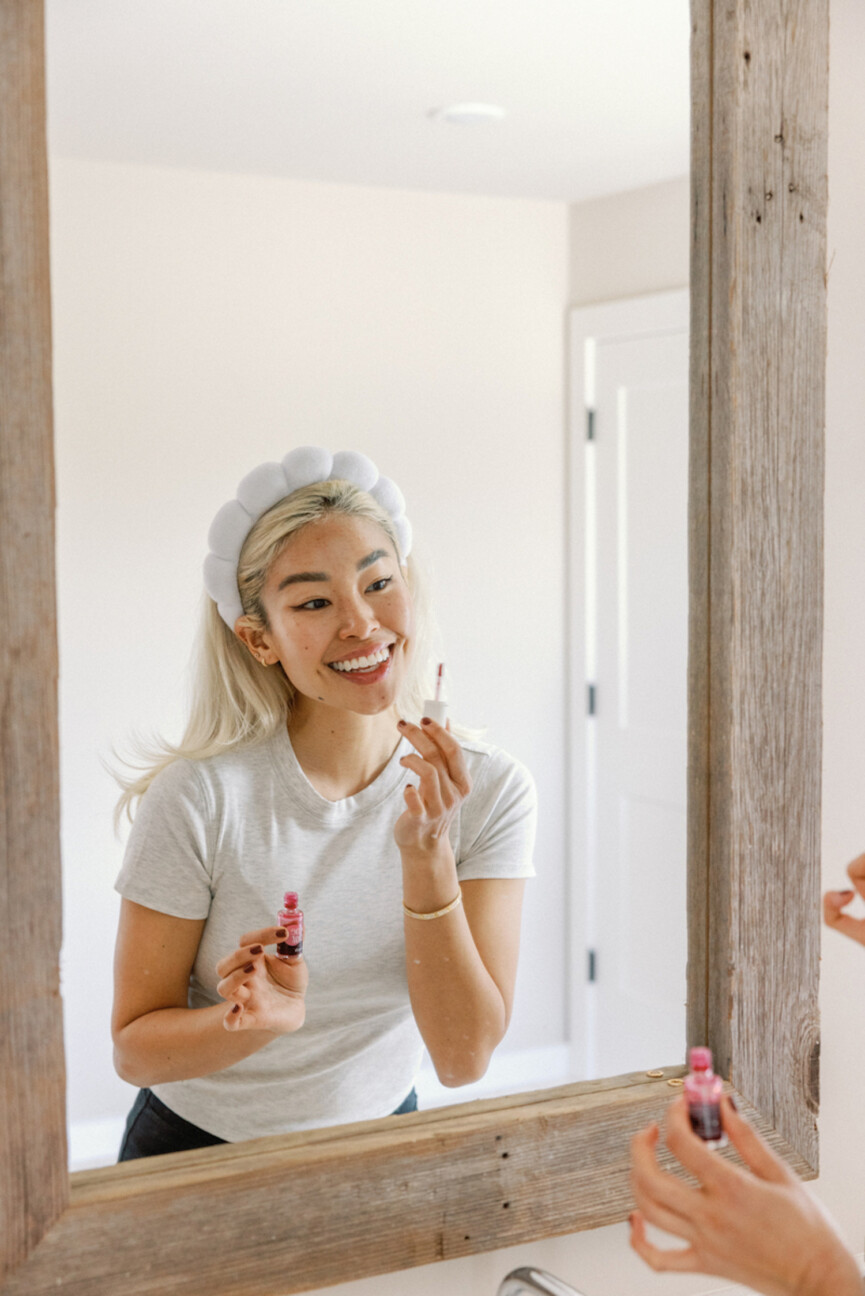
On the Benefits of Doing Botox in Your 20s
Historically, Botox has been thought of as something to start in your 40s or 50s. Botox was more reactive—something that would “fix” the fine lines and wrinkles that already appeared. But alongside our healthy obsession with SPF, we’re beginning to understand that more can be done when we’re younger to promote graceful aging.
When I spoke previously to Dr. Alexis Parcells about preventative Botox, the MD underscored this proactive approach. “Once those lines form, it may take several Botox treatments over the course of months or years to improve or erase, [whereas preventative treatments] inhibit muscle movement before those fine lines and creases form.”
Izquierdo supports this, noting that “those who are proactive with receiving tox before static wrinkles appear will yield better results.”
What to Look for in a Provider
So, you want to start your Botox journey, but you have no idea where to start—or who you should go to for your treatment. Though Botox is FDA-approved for several treatment areas and has been widely studied, practitioners of the treatment can obviously vary. Izquierdo encourages patients to look for “honesty, trust, and good communication skills.” Though your provider should be the expert, you should feel comfortable asking questions and getting the information you need pre- and post-treatment.
“If you feel like your provider is not actively listening or does not allow you to be involved in your treatment plan,” notes Izquierdo, “it may be time to consider a second opinion.” Thankfully, when she administered my treatment, Izquierdo checked all these boxes. Not only did she thoroughly detail what would be injected and what I could expect in terms of sensation and visual results, but she also opened the conversation to discuss my goals.
It’s important to note too, that your first appointment should not be the only time you connect with your practitioner. Because the effects will manifest over time, they should check in with you to see how you’re feeling and if you’re happy with the results. You should feel like an active participant in your Botox treatment and empowered to speak up.
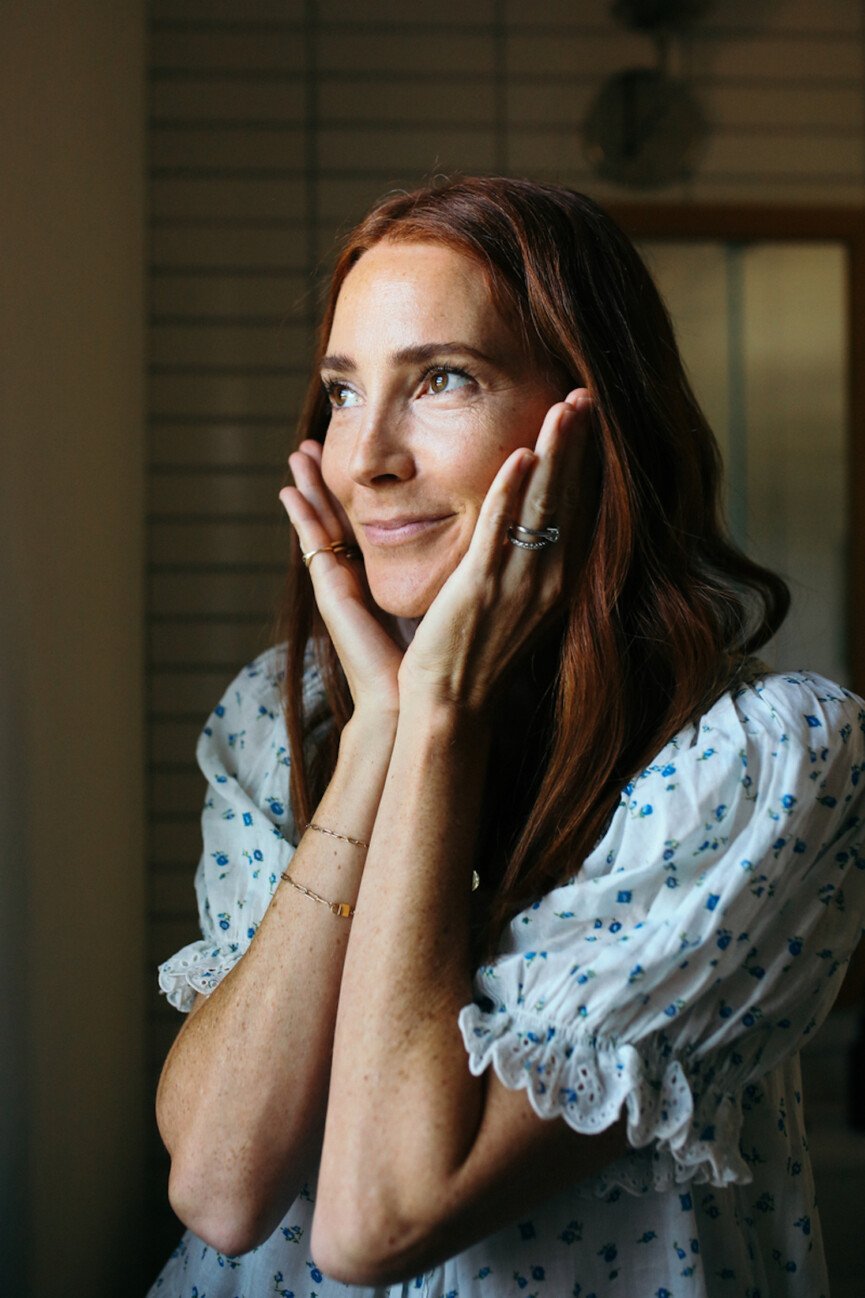
How to Maintain Results Post-Treatment
It’s a given: we all want the results of our beauty treatments to last as long as possible. By aligning your skincare routine and lifestyle habits, you can reap the benefits of Botox for longer. Izquierdo notes that the first 24 hours post-treatment are key. Avoid excessive alcohol, sweating, or pain relievers (except Tylenol). Keep your skin clean and dry, and don’t apply makeup until the next day.
As for skincare, you can keep your routine the same, covering the basics of a cleanser, targeted serum, moisturizer, and—Izquierdo can’t stress this enough—sunscreen “every single day,” ensuring you’re applying at least SPF 30. Alongside that, she advises avoiding direct sunlight as you can, keeping your face moisturized, and drinking 8+ glasses of water daily. And of course, minimizing alcohol use and avoiding smoking.
Botox in My 20s: My Honest Review
I’ll admit, when I first decided I wanted to get Botox, I hadn’t specifically reflected on where. In researching common treatment areas, I decided to focus on jawline slimming. Which, in turn, targeted my TMJ. In speaking with Izquierdo before my treatment, we decided to do five units on each side of my jaw. (Note: I’ve generally referred to the injected toxin as “Botox” throughout this article, but Izquierdo used Xeomin, an alternative smart toxin.)
Botox for Jawline Slimming
Tox can be used as an effective treatment for jawline slimming as it targets the masseter muscles toward the back of the jaw. By doing so, it reduces the muscles, resulting in a sleeker and more defined look. (“Snatched,” if you will.) I began to notice the difference just four days after treatment. The pictures above were taken three weeks apart, and you can see that my jawline is noticeably more contoured, supporting further definition in my cheekbones as well. And the clicking jaw that my TMJ elicited? Totally gone.
Results and Cost
Results are said to last anywhere from 3-6 months, but the good news about getting Botox in your 20s is that the effects tend to be longer, letting you spend more time between treatments. As for cost, I paid $12 per unit, though I also took advantage of a new client special. (Be sure to ask about these if they’re not advertised—plenty of med spas and practitioners will offer them!) The average cost per unit ranges from $10-$18, and the amount of units you need will vary on the treatment. Note that most require 30-40 units.
Final Thoughts
Am I happy I’ve started getting Botox in my 20s? Yes. Did it cost a lot of money? Also, yes. But given the results, it’s a beauty treatment I’m ready to continue investing in 2-3 times per year. However, I want to underline that it’s not a blanket solution for skin or aging woes. Botox is a treatment that must be done in conjunction with a solid skincare routine and healthy lifestyle habits.
What’s more, it’s important to reflect upon your relationship to both aging and external beauty before undergoing treatments of any kind. Ask yourself: am I doing this to erase parts of myself I feel self-conscious about, or am I looking to amplify my features? Embrace Botox as something you do out of self-love and self-care. Because when you focus on nurturing that internal dialogue you have with yourself, you’ll be able to amplify the positive effects all the more.

 FrankLin
FrankLin 






























